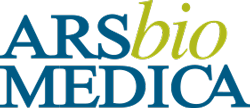Occupational therapy is a healthcare profession in rehabilitation that promotes the patient’s health and well-being. It is practiced in a wide range of settings and involves addressing the individual as a whole with the aim of aiding their physical, psychological, and social adaptation, thereby enhancing their participation and autonomy in activities of daily living such as self-care, work/study, and leisure activities.
It facilitates the recovery of motor functions by enhancing the person’s capacity and assesses accessibility to indoor and outdoor spaces, providing guidance on removing architectural barriers.
Occupational therapists evaluate the need for aids and custom-make static and dynamic orthoses.
They conduct educational interventions with patients through strategies such as joint economy, fatigue management, and daily routine organization.
Occupational therapy caters to individuals of all ages who encounter difficulties in participating in activities of daily living. The areas of intervention include:
- Neurology (Alzheimer’s, Parkinson’s, traumatic brain injuries, strokes, etc.)
- Geriatrics (maintaining autonomy and preventing risks in the elderly)
- Rheumatology (arthritis, osteoarthritis, etc.)
- Orthopedics (fractures, tendon and nerve injuries, amputations, hand surgery, etc.)
- Pediatrics (pathologies affecting a child’s normal abilities, impacting autonomy and participation in family, school, and community life)
- Mental health (disorders affecting daily autonomy)
Custom-Made Orthoses
These are rehabilitation tools used for numerous hand pathologies in both conservative and post-surgical settings.
They are made DIRECTLY ON THE PATIENT’S HAND and adjusted based on the progression of the disease and the rehabilitation protocol.
They can immobilize the limb after trauma or surgery (static orthoses), assist the patient in performing activities without stressing the pathological joints (functional orthoses), and help maintain the results obtained during physiotherapy sessions through tractions (dynamic orthoses).
Custom-made orthoses have advantages for both the patient and the therapist. They are lightweight, washable, easily removable, and help maintain or improve the results achieved during the rehabilitation session.
Do you need a medical visit or an exam?
Choose the best care for yourself
Choose the best care for yourself



